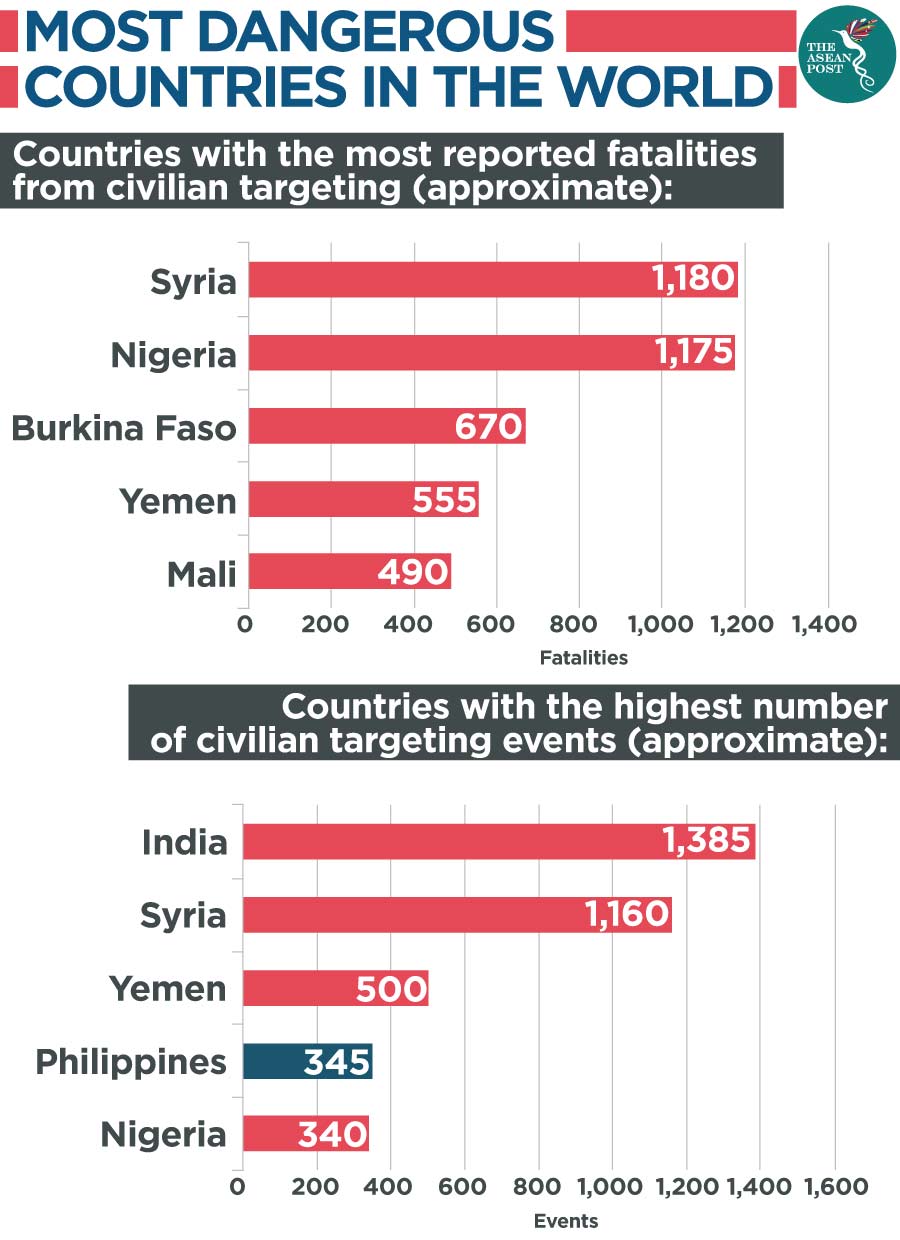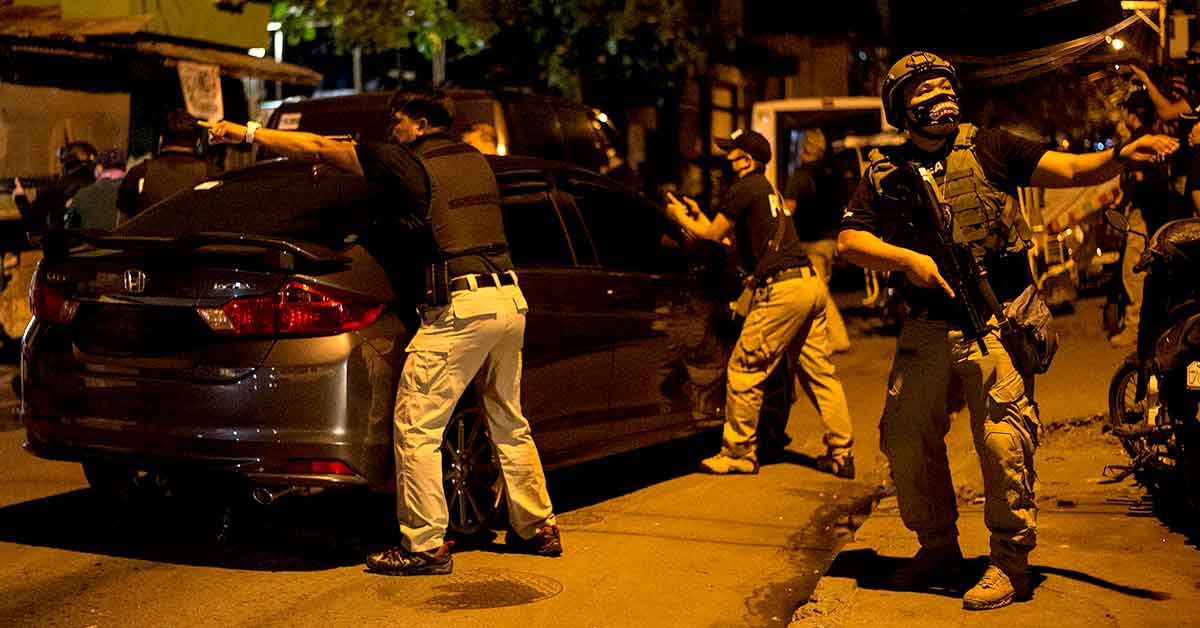Researchers Abbey Pangilinan, Maria Carmen Fernandez and Nastassja Quijano recently released a report which attempts to bring fresh evidence of how hundreds of families have been plunged deeper into poverty amid the Philippines’ war on drugs, birthed by the country’s President Rodrigo Duterte around three years ago.
The study is focused on the beneficiaries of the Philippine conditional cash transfer programme – a monthly subsidy targeted at poor households with the aim of breaking intergenerational poverty. It is the first attempt to examine the direct and indirect effects of drug-related killings in families living in Metro Manila, where the highest concentration of drug users has been reported.
The research included field work and interviews with families directly affected by the drug-related killings from April 2016 to December 2017. It found that between 1,365 and 1,865 household members, including at least two children per family, had been affected. Meanwhile, the researchers say these were “extremely conservative figures”.
“By killing mostly male heads of households, the effect and magnitude of the anti-narcotics campaign – compounded by various socio-economic shocks including damage to homes due to fires and flooding – pushes already deprived and vulnerable families further into poverty,” the researchers noted in the report.
The researchers go on to claim that the death of the male heads of these households have dramatically reduced the families’ income needed to provide for food, clothing, shelter, and health. They also claim that is has left the children at a greater “risk of child labour and exploitation”.
As for the women, as widows and sometimes grandmothers, they have been left with the burden of providing for their families and raising orphaned children.
“In the face of the Philippine drug war, women are now faced with the responsibility of productive and domestic labour. With few skills, limited education, and low job prospects, many widows are forced to find new husbands to ensure a source of income.”

Insult to injury
The study shows that Duterte’s “War on Drugs” is leaving more families poor. The truth, however, may be even more grim than that if paired with other studies which claim that those targeted in this “war” are, more often than not, the poor themselves.
Earlier this year, Amnesty International released a report entitled “They Just Kill”. Researchers form the human rights non-governmental organisation (NGO) conducted a field study in April and subsequent remote follow-up in April and May. The researchers found that victims of the drug-related killings examined by Amnesty International were overwhelmingly from poor and marginalised communities, saying that this was in line with past research findings showing that the government’s anti-drug efforts chiefly target the poor.
Amnesty International interviewed 58 people, including witnesses of extrajudicial executions, families of victims, and local officials. According to Amnesty, families had described how victims who struggled to earn a living were accused of allegedly being “big-time” operators.
“How come big-time? My husband? And he needs to [work] overtime… to support me and my children?... I don’t understand. Only the poor, only the poor they want to kill,” the wife of a man who was shot dead by police in late 2018 told the human rights group.
“In practically all the cases examined by Amnesty International, families said their loved ones who were killed did not own a gun and would not have even known how to use one. Many said those killed were too poor to own a firearm. In the words of one victim’s mother: ‘If he had a gun, he would have sold it because he can’t even buy food.’,” Amnesty International said in its report.
Nicholas Bequelin, Amnesty International’s Regional Director for East and Southeast Asia, went as far as to say that if you’re living in the Philippines, then you had better not be poor.
“It is not safe to be poor in President Duterte’s Philippines. All it takes to be murdered is an unproven accusation that someone uses, buys, or sells drugs. Everywhere we went to investigate drug-related killings ordinary people were terrified. Fear has now spread deep into the social fabric of society.”
If these studies are correct then the only thing Duterte’s “War on Drugs” has managed to do is to further segregate the country’s poor instead of providing them with the means and opportunities to better their lives. Thanks to the “war” it now seems like there’s no end to this vicious and dangerous cycle of poverty in the Philippines.
Related articles:
Duterte’s controversial war on drugs likely to continue despite ICC preliminary examination
